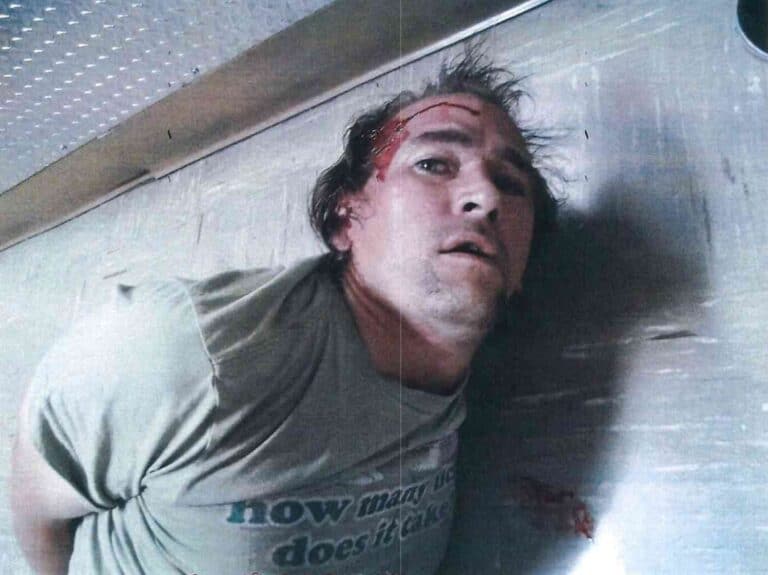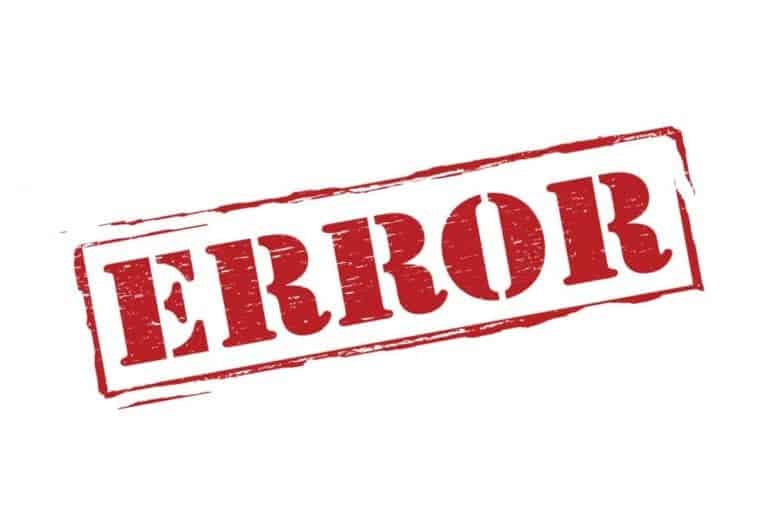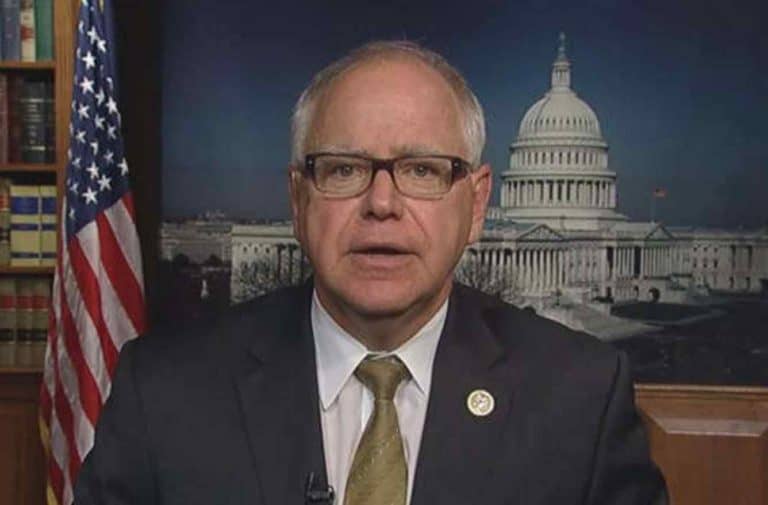VA Redirects Millions to Community Care — But Is It the Right Move?
On paper, this sounds like good news: the Department of Veterans Affairs just reallocated over $300 million to support community care — a system that lets veterans seek treatment outside traditional VA facilities.
But here’s the rub: they did it by canceling existing contracts. And they didn’t exactly send out a memo about it.
So what’s going on here?
Is this a win for veterans, or just another behind-the-scenes move with murky motives?
Let’s break it down.
Where Did the Money Come From?
According to a recent report from Military.com, the VA redirected more than $300 million to bolster the Veterans Community Care Program — a vital service that allows veterans to receive treatment from civilian doctors and specialists when the VA can’t meet their needs.
The catch? That funding came from contracts the VA canceled, including service and supply agreements across multiple departments.
And the bigger issue? Congress wasn’t clearly informed.
“They’re shifting huge sums without clarity or transparency,” one congressional aide noted.
“That’s not how oversight is supposed to work.” (Military.com)
Why Redirect to Community Care?
Let’s be real — COMMUNITY CARE MATTERS.
Veterans who live far from VA facilities, or those with long wait times, depend on access to local providers. The VA’s decision to redirect funds to support this system makes sense on the surface — especially with demand rising under the PACT Act and growing pressures on the VA healthcare system.
✔️ More funds = more providers
✔️ More providers = shorter wait times
✔️ Shorter wait times = healthier veterans
Simple math, right?
Well … not exactly.
What’s the Problem?
The concern isn’t what the VA is funding — it’s how they’re doing it.
When the VA cancels contracts and quietly moves that money around without detailed communication to lawmakers (or the public), it raises some red flags:
🚩 What contracts were canceled?
🚩 Were those services still needed?
🚩 Who decided the money would be better spent elsewhere — and why?
🚩 Is this a one-off move, or part of a bigger trend?
With minimal transparency, it’s hard to tell if this is smart budgeting or just fiscal sleight-of-hand.
What Lawmakers and Advocates Are Saying …
While many agree that Community Care needs support, several members of Congress are pushing for more clarity.
“We support funding care for our veterans, but we also need to know what’s being sacrificed to make it happen,” said one House Veterans’ Affairs Committee member.
“Accountability matters — even when the end goal looks good.”
Advocacy groups have echoed similar sentiments. They’re not against the funding boost — they just want to ensure it isn’t coming at the cost of other vital programs that veterans depend on.
What This Means for Veterans …
If you’re a veteran currently using or planning to use Community Care, you’ll likely see no disruption — and maybe even better access in the short term.
That’s a win.
But if you’re part of a VA program tied to one of these now-canceled contracts (particularly services not well-publicized), you could start to notice slower support, fewer supplies, or shifted timelines.
In other words: one department’s gain could be another’s loss.
And without transparency, veterans are left guessing where the fallout will land.
What Veterans Should Do Now
Here’s how to stay proactive:
- Speak up: If you see services being reduced or removed, report it to your VSO and contact your congressional rep.
- Ask your provider if any changes to your care or equipment are expected.
- Use the VA’s patient portal to keep tabs on appointments, referrals, and wait times.
- Watch for announcements from local VA facilities — and follow veteran news channels for updates.
Final Thoughts …
Look, redirecting money to improve access to care is the kind of move most veterans can get behind. But doing it in the dark? That’s the kind of playbook that erodes trust — especially from a system that veterans have been burned by before.
This isn’t about being against Community Care. It’s about being for accountability.
Because veterans shouldn’t have to choose between access and honesty.
We can — and should — have both.






You means like the ‘care’ I received for ‘bone-on-bone’ right shoulder, that a year prior the VA radiologist said
was fine, and 4 months later it froze. Use my Advantage, got a real Xray done 9 months later, and it’s now
taken me another year to get scheduled for a Gel shot????
How about the displaced petela, torn (2) minscus, MRI verified at the Mayo, in 2015; that NOW according to the same VA radiologist, ‘there’s nothing wrong’! Oh, yea same guy that missed 3 broken bones in my right hand till a year later!!
Issued a scooter, in 2015 the rubber is falling off the tires, the seat did fall off, tried to get it fixed they said it was too old, but the VA won’t replace it!!!
End the discombobulated and dangerous wreck! In many parts of the country it’s a completely incompetent and fraudulent waste of time and resources.
A VA appointment is about as functional as an appointment to get your nails done when it comes to healthcare. Hope those test results don’t come back showing problems. You’ll see that was just a precursor to you having to get health insurance if you want the problem fixed.
They’ll continue to pull the same bullshit when directing people to community care… they’ll find real problems but send people for inappropriate treatments in the community. For instance “physical therapy” and chiropractor for spinal disk herniations in the neck. They tried to avoid community care for so long, and one of the reasons was so they could hide the denial of care and mistreatment from the rest of the country. In the above mentioned scenario, doctors in the community would recommend surgery, it would get kicked back to VA, and they would deny the procedure at that point. So basically the same result as if there was no community care… accept they could sweep this kind of thing under the rug if only the Veterans Healthcare Administration was involved.
Yep. It’s the right move so long as they play an active and positive role in pointing people to the right people in the community, choice being the rule regardless, because as it sits they simply hire the wrong people.. and once they’re in there… they can behave any sort of way with little reprocussions. Since they can never get that under control then this latest move sounds great.
It’s a good idea because there’s choice involved. Forcing people to see a limited amount of people and at high volume doesn’t work. And they’ll hire people who don’t like you or you don’t like them and it just doesn’t work… but the Veteran will be the one up shit creek. The issue moving forward will continue to be denial of care regardless. Still hard to get some of them to follow the law for some reason. Most of them either asleep at the wheel or incompetent in there. It’s a decades long nightmare.
UGHHH…
When will people ever learn that it’s NOT “The Veterans Affairs” = meaning it’s NOT “the VA”
It hasn’t been the “Veterans Administration” since 1989 – where the word “the” would be correct grammar. Yet, everyone up to the empty suit Dougie Collins still says “the VA” making him look like an idiot. Then again he calls us “His Veterans” too so go figure.
Just “VA” people!
People can say either one. You are being rediculous. Sad for whoever has to deal with you there… even worse for you if you go there because they gonna diagnose you with something they don’t treat if you go in there acting like that. You’ll end up with no care or benefits.
Sorry I am being “rediculous” 🙂
“The Veterans Affairs” = incorrect grammar. Period.